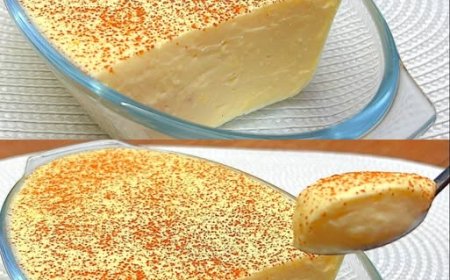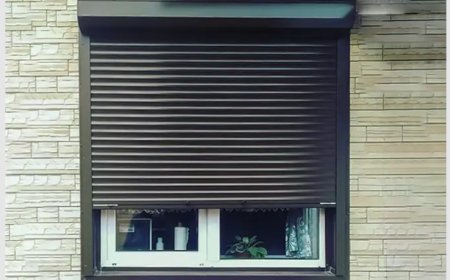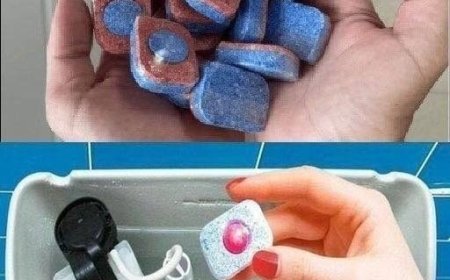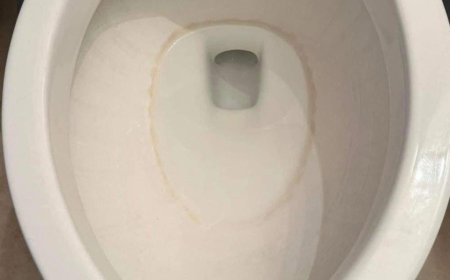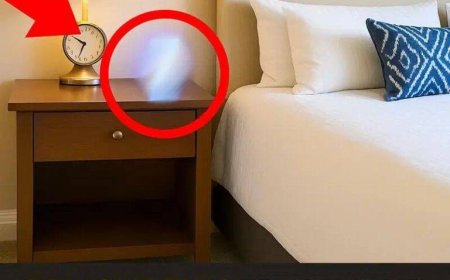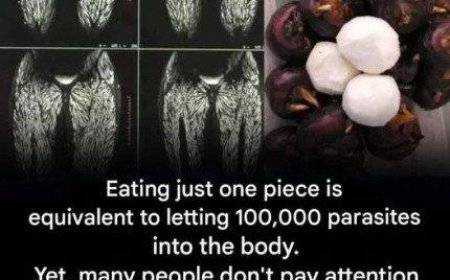Yellow crust when waking up: what does that mean?
Waking up to find a yellowish crust in the corner of your eye can be surprising, and for many people, even a little unsettling. It’s one of those small, everyday things we rarely question—yet the moment we stop and think about it, a dozen worries cross the mind. Is it a sign of infection? Fatigue? Poor sleep? Something serious? Fortunately, in most cases, the explanation is far more simple and completely natural. While these tiny yellow deposits may look unpleasant, they are actually a sign that your body has been busy protecting you throughout the night. As you sleep, your eyes continue performing essential maintenance, flushing out dust, debris, and microscopic intruders that collect during the day. The result is a harmless mixture of tears, oils, mucus, and neutralized bacteria that slowly dries in the corner of your eyes by morning.

3.
Understanding what this crust really is—and when it can be a sign of something more—can bring peace of mind and help you take better care of your eye health. Before jumping to conclusions, it’s important to learn how this natural cleaning mechanism works, why the discharge sometimes appears yellow, and in which situations you should actually pay closer attention.
In this guide, we take a closer look at the science behind morning eye crust, what it reveals about your body, and how to recognize when it might indicate a problem. Most of the time, it’s nothing more than evidence of your eyes quietly defending you overnight—but knowing the difference can help you stay informed and confident about your health.
crust when waking up: what does that mean?
Every morning it is the same scenario: When you look in the mirror, you discover these small yellowish deposits in the corner of your eye. No appetite, right? What do you think it is? Is there no sign of fatigue or a warning signal in your body? Rest assured, the truth is much simpler (and more natural) than you imagine...
Why do you imagine this yellow crust when you wake up?
Colloquially, it is called “sleep” or sometimes even “chassie” or crust (yes,
we see you smiling). Behind these harmless little lumps is actually a real cleaning mechanism, orchestrated by your body during the night.
This deposit consists of a mixture: mucus, sebum, dead cells and... neutralized bacteria. Yes, your eyes are fighting a little night against impurities and eternal micro-intruders. If you leave the glasses standing before they are white, you don’t have to worry about it, but they are washed off naturally. Result: When you wake up, you will find these famous residues in the corners of your eyes.
But why this yellow color?
The yellow hue is no accident. This is the case with the presence of all the baked goods that your immune system has eliminated during the night. This is one of the two places where there is a risk that the seats will be raided.
The neuroscientist Andrew Huberman likes to compare these residues with the “remnants of a silent war” that is conducted in his sleep. A strong picture, but one that prefers to pay tribute to the hard work of your body to maintain the health of your eyes.
Do you want to know if something is wrong? Signs to look out for
Even if the discharge changes only slightly, this is normal, it is already an emergency situation and it can lead to excessive discharge or associated symptoms such as:
Red eyes,
Itching,
A burning feeling,
The reflection of the eyelids,
... you can find out about the transmission of a possible infection if you do not. for a conjunctivitis (also called viral conjunctivitis).
In the autumn it is my best, it is the decision to take measures to obtain one of the well-founded opinions and, if necessary, appropriate treatment.
How do you know what the tags are?
Even if we know natural phenomena, we know that there are some actions we need to take to reduce the smallest deposits:
Pay attention to strict eye hygiene : gently clean the eye area every evening with a cotton pad drunk in warm water.
Systematically wash your hands before touching your eyes: An essential reflex to limit the penetration of bacteria.
Use artificial tears if necessary: to relieve dry eyes and promote the natural excretion of impurities.
Frequently change pillowcases and towels: These textiles that come into contact with your face can cause unwanted microbes.
Single keyhole
The next time you come across these small yellow deposits in the corners of your eye, consider them a discreet proof that your body has worked to protect you during the night. .

